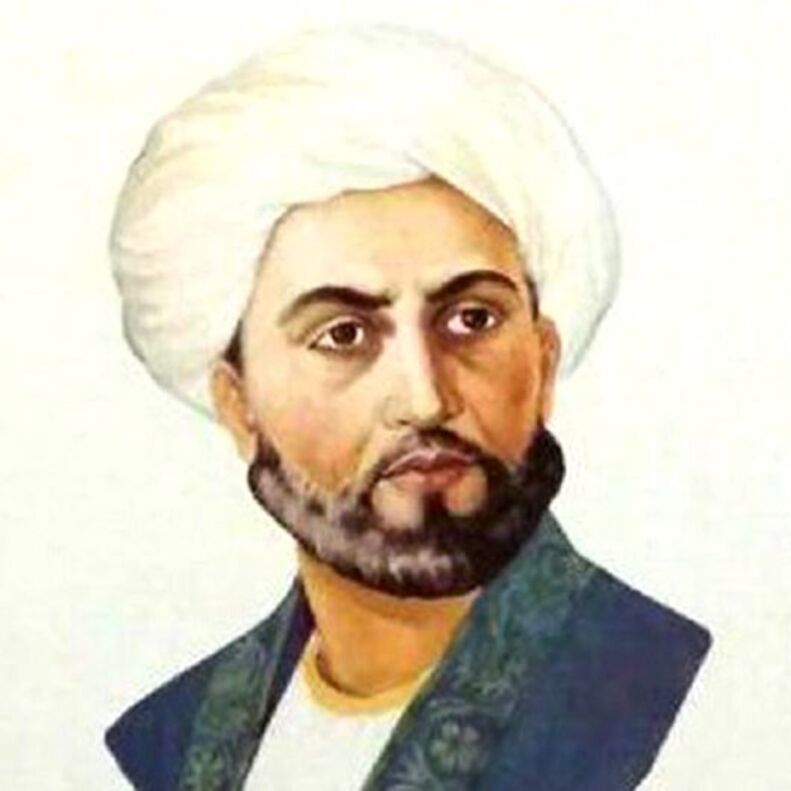
Personal
Other names:
Job / Known for:
Poet and satirist of the Mongol era
Left traces:
Satire and humor Mush-o Gorbeh (Mouse and Cat)
Born
Date:
1319
Location:
IR
Qazvin, Ilkhanate
Died
Date:
1369 (aged 50)
Resting place:
IR
Death Cause:
Family
Spouse:
Children:
Parent(s):
QR Code:
Show More
Rank
Users ranking to :
Thanks, you rate star
Ranking
4.5
2
About me / Bio:
Show More
Article for Ubayd Zakani
Died profile like Ubayd Zakani
Comments:




